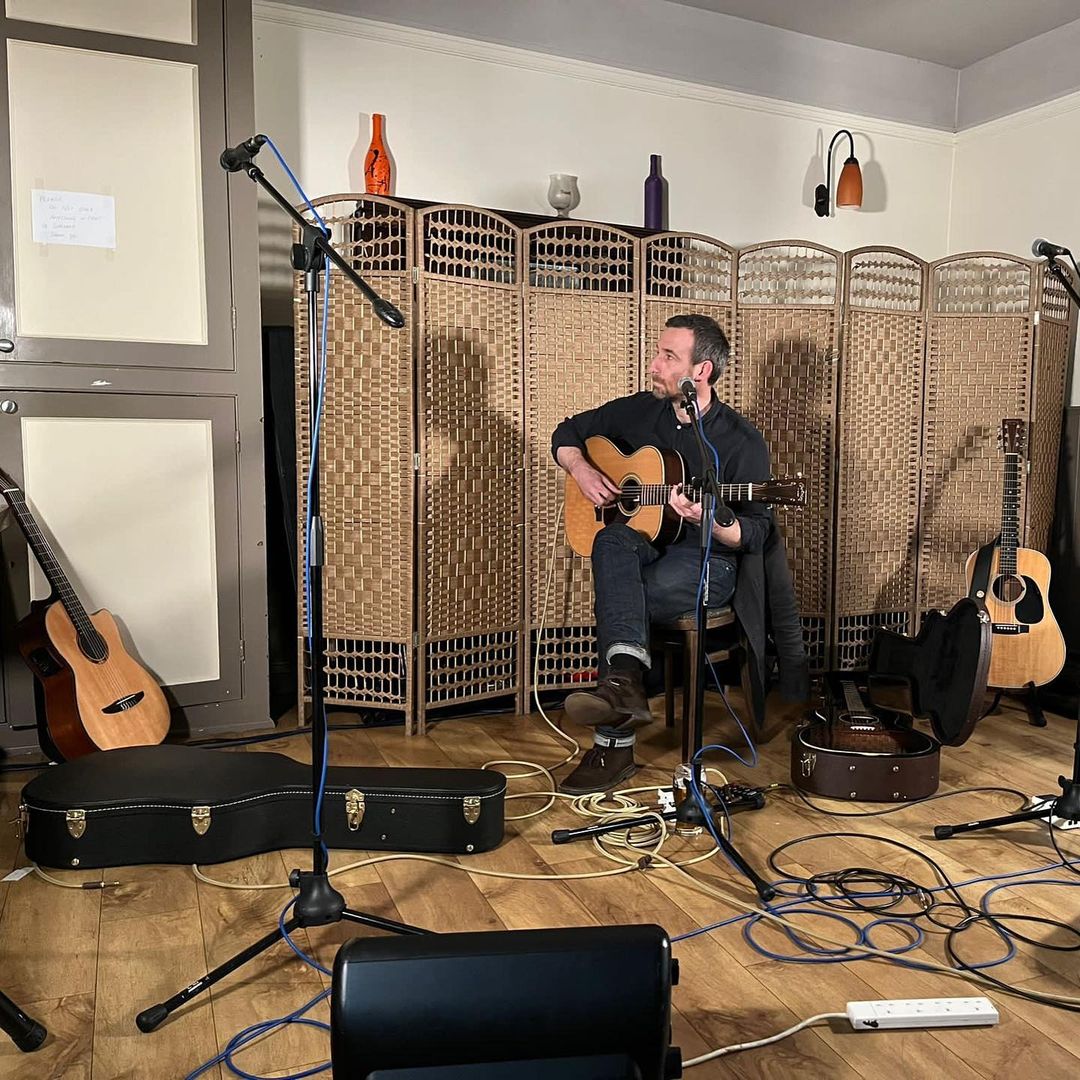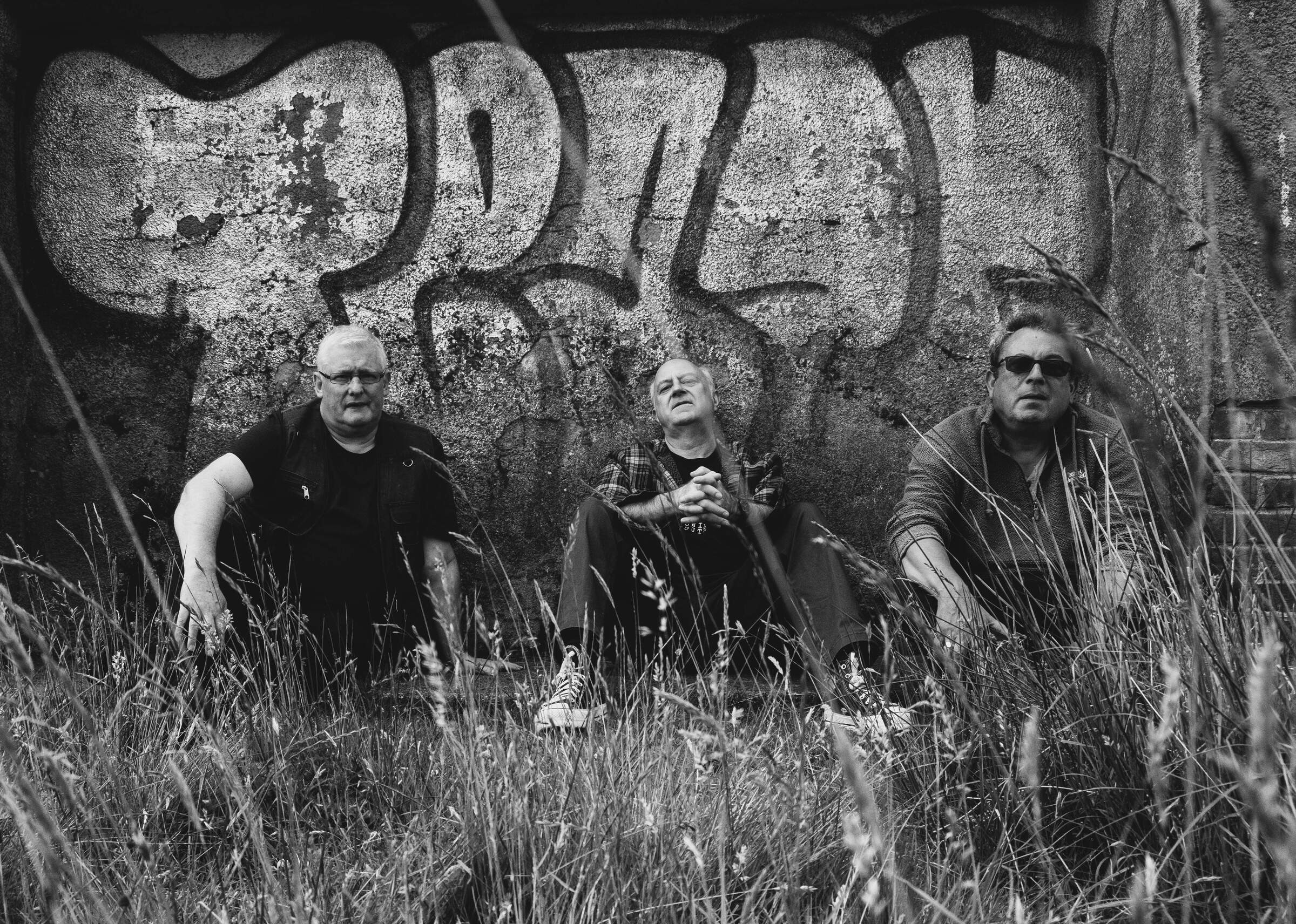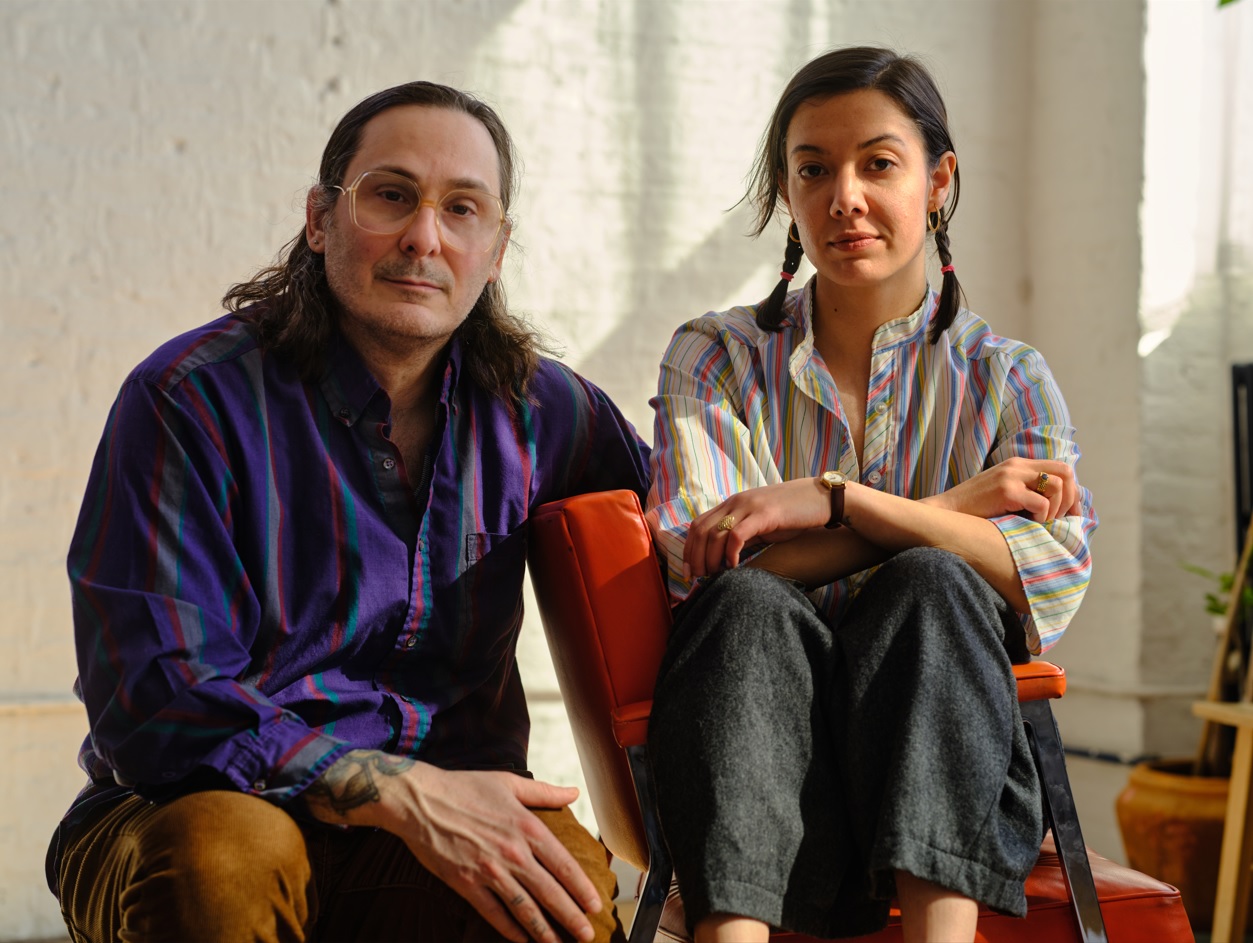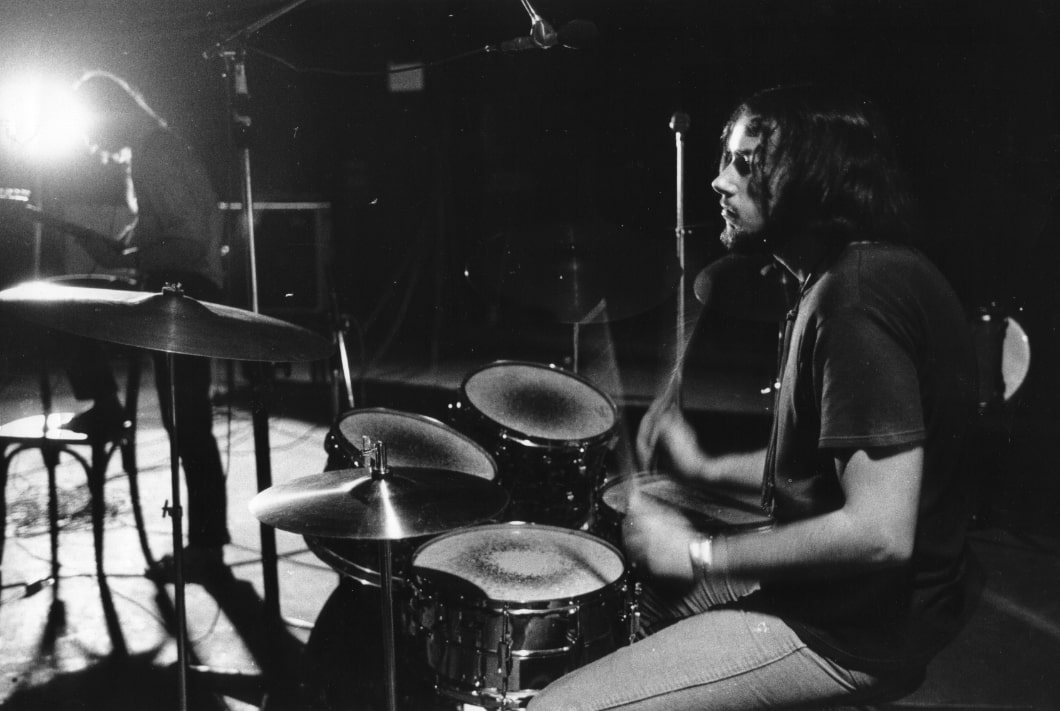James Waudby | Interview | New Album, ‘On The Ballast Miles’
The latest album by James Waudby is a beautiful journey across the fingerstyle guitar, melodic vocals and lyrics steeped in the people and places of the East Riding of Yorkshire.
Recalling the folk revival guitarists of the ‘60s, but taking new routes with modern influences, unexpected tunes and intriguing lyrics, Waudby has presented a collection of songs that will quietly charm and seduce. The songs speak of a place where both the industry and the cliff edge has been eroded leaving a battered, but beautiful place where the people and the land persist despite economic and environmental pressures. This vision is presented through a lone guitar weaving deliberate melodies that harmonise and complement honest vocals, which evoke the heritage of the area.
“I wanted to write about the lesser known areas of the region”
Would you like to talk about your background? When did you first get interested in music? What are some of the main influences?
James Waudby: I can’t remember a time when music wasn’t the most important thing to me. I’m playing, listening or thinking about it all the time. I started off listening to my dad’s record collection, The Beatles, The Rolling Stones, Bob Dylan, Neil Young and then listening to John Peel’s radio shows which got me into more underground stuff. I eventually found that my favourite music is more homegrown and acoustic, things like the British folk of Bert Jansch, John Renbourn and Davy Graham plus the folk rock stuff, and the American acoustic music of Neil Young, Bob Dylan, Townes Van Zandt, Crosby, Stills & Nash and Joni Mitchell.
I started playing guitar in primary school. I’ve always been interested in the acoustic guitar, even when I’ve played electric guitar I never bothered with pedals or altering the sound. I have continued playing, mainly playing in bands and collaborating, but sometimes on my own. My first real band Salako managed to get a recording contract and I’ve not stopped since then.
‘On The Ballast Miles’ is such a fantastic album. How long did you work on it?
It has been a germ of an idea for a while, but I started writing it in 2020. Before that I’d been working on some albums with a friend, Luke Barwell, that I used to be in Salako with. We created a band called Beings and finished an album that we are yet to release and we are currently working on a second album, so musically I had lots going on, but wanted to write a solo album and wanted it to be a sparse record of just guitar and vocals. As I’ve already said, I love acoustic guitar based music and I’ve played fingerstyle guitar since I was young, so once I’d decided to make this album I worked really hard to ensure the guitar parts and the words would be interesting. I’m pleased with the album, there are mistakes, but I think that adds to the homegrown feel of it.
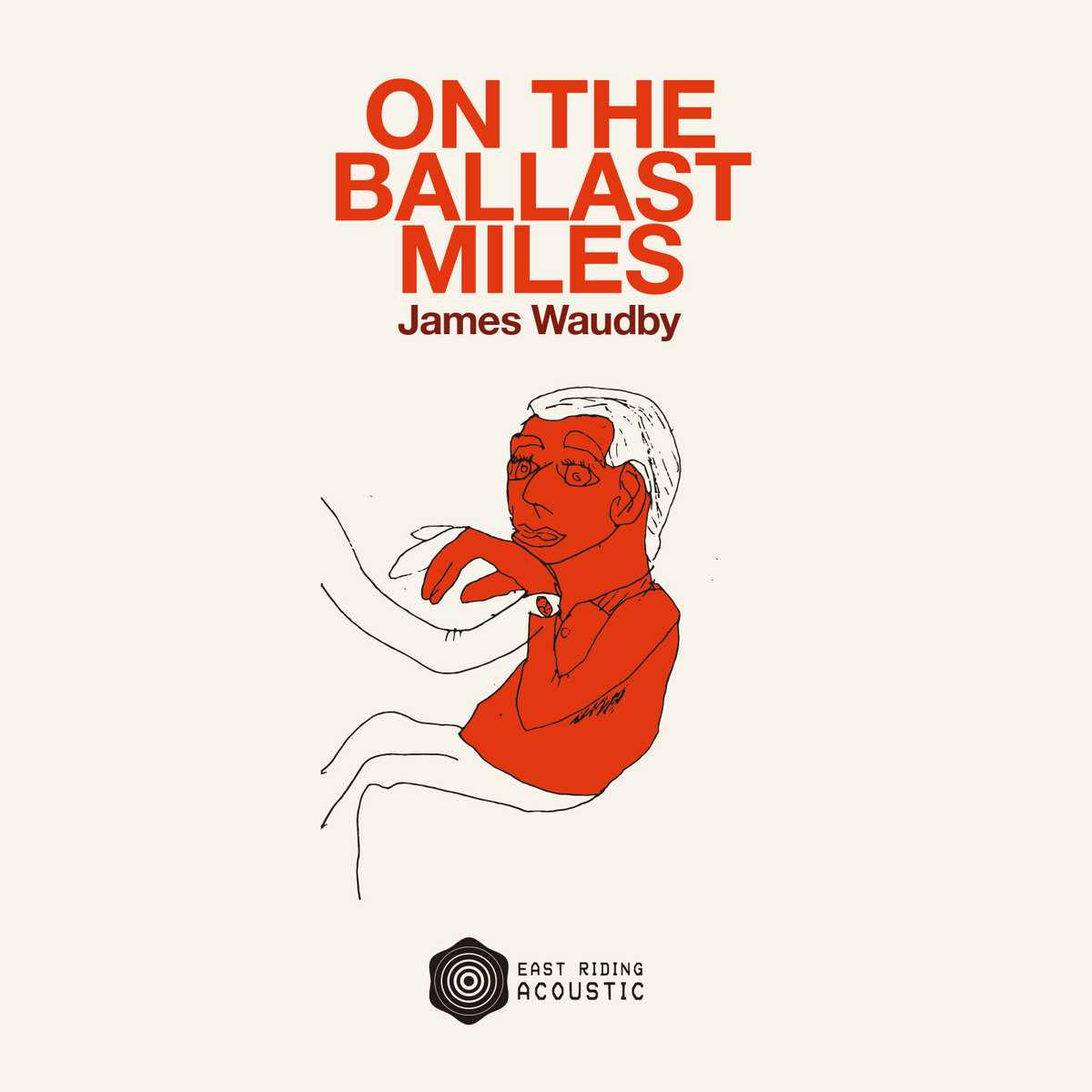
What was the concept behind it?
I tend to write about my local area and have written songs about Hull and the East Riding of Yorkshire with my other bands. For this album I wanted to write about the lesser known areas of the region, places like Aldbrough, The Holderness and Flamborough. Aldbrough is a coastal village with cliffs made out of clay so it is gradually eroding and falling into the sea and the houses are collapsing, I was interested in how that affects the people who live there and the relationships they have with it and each other. I also wanted the record to reflect the flatness of the fields in the area and a lot of people have commented on how the record sounds like it is situated in the East Riding. I love travelling and there are more dramatic places in the world, but I feel anchored to East Yorkshire, it is in my bones.
How do you usually approach songwriting and was it this time any different?
It was the same as always, I sit down with my guitar and see what comes out. I knew I wanted this record to be just guitar and vocals so I made sure the guitar parts were intricate and interesting. It came quite quickly, I wrote a few songs, recorded them then wrote some more and recorded them. It took about four sessions of about two or three hours to complete the album, so not long really. For each session I had about three songs and I played those two or three times each and picked the best take. I wanted the guitars to sound live with no overdubs, so that meant I had to live with the odd fumbled note, but I’m happy with that and after a few listens I stopped noticing the mistakes and just accepted them as part of the song.
Are you planning to play some live shows in the near future?
I’ve been playing some shows in early 2023 and I’m trying to arrange some more throughout the year. Hopefully I’ll be getting out and about a bit. If anyone wants me to play I’m up for heading out and playing in venues, cafes, living rooms, whatever really. I’m quite open to offers, I just want to get the music out there.
Who are some of the most important players that influenced your own style and what in particular did they employ in their playing that you liked?
I suppose the guitarists of the 60s folk revival are the players who I most admire and am influenced by. Bert Jansch, John Renbourn, Davy Graham, Richard Thompson. They are all very different players and all had their own particular skills and style. I’m not trying to just copy the sound of that time, though. I’m trying to write songs that feel current and I believe I have my own sound. I don’t think the music I make is strictly folk, there’s a lot of other influences as well. I think it was the same with those guitarists in the 60s too. They were influenced by blues and jazz, and world music with Davy Graham, I don’t think they were precious about it being folk, they just played what felt right to them.
What else currently occupies your life?
Politics and education are very important to me. I have been active in local and national politics for a while, but lately British politics has gotten extremely depressing with both the major parties moving to the right. I still campaign locally and want Labour to win the next election despite the current leader, as Diane Abbott, a veteran socialist Labour politician, recently said, “a bad Labour government will always be better than a Conservative government.”
I’m also currently writing a PhD, my topic is “Democracy education for civic engagement.” It’s looking at how young people can have more agency and democracy in schools and whether this will help them to be more active in society. We’ve had a Conservative government in Britain now for thirteen years and they have reduced state schooling to a training ground for wage slaves. We need working class people to rise up and kick out the ruling class as soon as possible.
How did you get involved with Steve West of Pavement?
Salako supported Pavement on their British tour in 1999 and we became friends with them. The next summer I travelled round America and went to stay with Steve West at his house in Virginia. He had released a couple of solo albums as ‘Marble Valley’ and wanted to get a live band together to tour the records so I ended up playing guitar. Steve got the rest of the band together from English and Dutch musicians and we went on tour in Britain in 2001. It went really well so we toured in autumn 2001 in America supporting Stephen Malkmus. After that we got together every couple of years to tour or record. We recorded three albums and toured in Britain and Europe until 2011. It was an exciting time and Steve is a really generous and lovely person. I went to see Pavement on their reunion shows in London last year and met up with them. They were in good spirits and sounded better than I’d ever heard them.
You also played in the Horse Guards Parade?
Horse Guards Parade was a band I started with some musicians from Hull. I like to collaborate with other musicians so I’m always doing some music with other people. We started playing in 2008 and finished in 2020. We released an album, recorded a radio session for Marc Riley on BBC Radio 6 Music and played gigs throughout Britain including All the Tomorrow’s Parties festival.
Originally it all began with a band named Salako, who released three albums on Jeepster Recordings. Would you like to share some words and reflection on those three albums?
It was great fun making those albums. We were interested in experimenting and pushing music forward. A lot of British music in the nineties was quite stale and safe and we wanted to make exciting tuneful music. We were listening to all sorts, I remember ‘Friend’s by The Beach Boys, The Danielson Familie and Olivia Tremor Control being played a lot at the time.
We got some good reviews and played in America and around Europe, but we never had any success other than recording a John Peel session which was amazing. I’m proud of the three albums we made and have great memories of the time. I’ve not listened to any of the music recently, but hopefully it still sounds good.
“I like music that’s tuneful but pushing at the boundaries of its own particular genre”
Let’s end this interview with some of your favourite albums. Have you found something new lately you would like to recommend to our readers?
I listen to so much varied music. I’ve been buying lots of reissue albums, Marc Emory’s ‘Listening Music / Anfang’ on Scissor Tail Records and ‘Fireside Stories’ by Trevor Beales on Basin Rock Records have been recent favourites. I love all the new American instrumental guitar music that’s coming out at the moment as well. Joseph Alred, Matthew J. Rolin, Eli Winter and Cameron Knowler are great and Worried Songs is doing a great job of putting those guys out in the U.K. and Tompkins Square always produces quality.
I also listen to the electronic hauntology stuff coming out on Ghost Box and the reissue reggae and dub on Pressure Sounds, ‘Beware Dub’ by Yabby You and ‘Prophecies of Dub’ by King Tubby have been getting a lot of spins recently.
I’m also enjoying John Coltrane’s collaboration albums, I’ve recently listened to the LPs he made with Johnny Hartman, Don Cherry, Duke Ellington and Thelonious Monk, they are always great. I like music that’s tuneful but pushing at the boundaries of its own particular genre. The genre itself doesn’t matter as long as it excites me.
Thank you for taking your time. Last word is yours.
Thanks for giving me the time for this interview and supporting the record. There will hopefully be a 7” of new music coming out later in the year and then I plan to start recording from April and through to the summer for a new album to release next year. The first Beings album I recorded with Luke of Salako will hopefully be released at some point in the near future too. I’m just trying to keep busy, I’ll never stop making music.
Klemen Breznikar
James Waudby Instagram / Bandcamp

